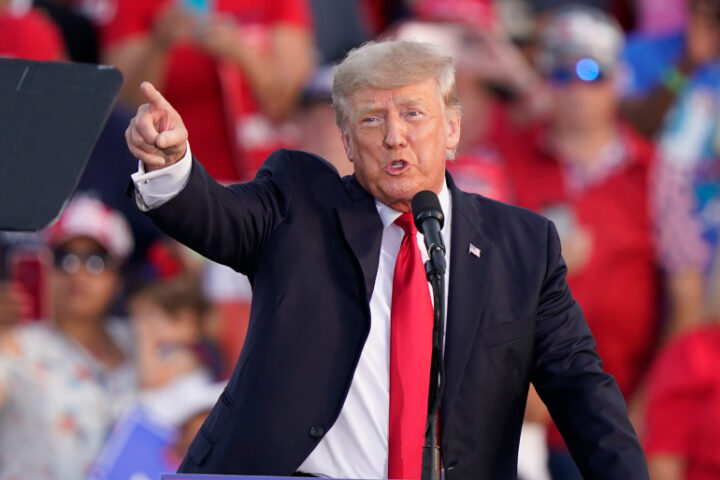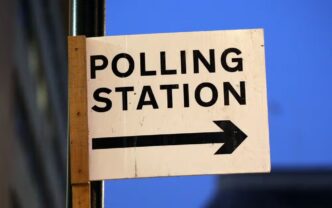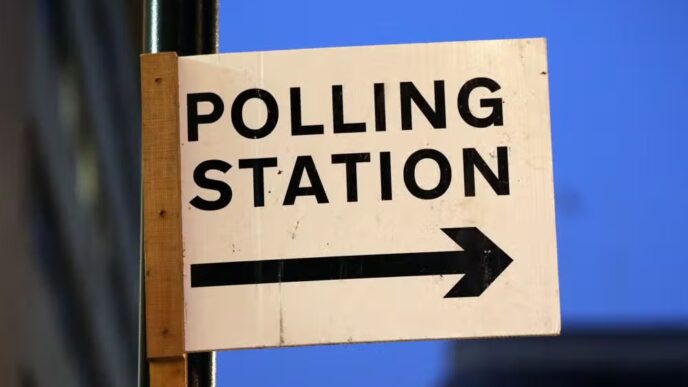Donald Trump
The return of Donald Trump to the presidency in 2024 has reawakened a historical pattern: influential business figures using their resources and networks to support a national leader whose policies align with their vision for economic stability. Over a century ago, powerful industrialists like J.P. Morgan and John D. Rockefeller were instrumental in securing the election of William McKinley, whose policies preserved their economic interests and countered the populist wave. Today, with Elon Musk appointed as head of the Department of Government Efficiency (DOGE), Trump’s administration is drawing on the expertise and vision of the private sector to drive governmental reforms. This parallel between historical and contemporary politics highlights the evolving but consistent role of business elites in shaping the U.S. government’s direction during turbulent times.
The Role of J.P. Morgan and Rockefeller in McKinley’s Election:
In the late 19th century, the American economy was dominated by a small number of powerful industrialists who controlled vast monopolies across key sectors. J.P. Morgan, John D. Rockefeller, and Andrew Carnegie wielded extraordinary influence, shaping markets and, at times, even manipulating entire industries. When the 1896 presidential election brought populist candidate William Jennings Bryan to the fore, these industrialists saw a direct threat to their business empires. Bryan’s platform included calls to break up monopolies, regulate big business, and champion workers’ rights, all of which could undermine the dominance of figures like Morgan and Rockefeller.
McKinley, however, presented an appealing alternative. With a pro-business platform advocating protective tariffs and economic stability, he promised to maintain an environment conducive to industrial growth. Morgan, Rockefeller, and their peers therefore provided financial support for McKinley’s campaign, mobilizing resources to ensure his victory. Their efforts went beyond mere financial backing; they leveraged their influence to rally public opinion and orchestrate a sophisticated campaign, highlighting McKinley as the candidate who could protect the nation’s prosperity. Once elected, McKinley upheld policies that allowed these monopolies to thrive and, in turn, maintained the economic status quo that served their interests. The industrialists’ support for McKinley marked one of the earliest examples of coordinated big-business influence in American presidential politics, shaping policies to favor the private sector’s growth and influence.
Advertisement
Elon Musk and the Department of Government Efficiency (DOGE):
Fast forward to today, and the U.S. once again sees a powerful business figure lending his expertise to a president determined to bring the private sector’s innovation and efficiency into government. With the appointment of Elon Musk as head of the newly created Department of Government Efficiency (DOGE), Trump’s administration is entrusting a tech visionary to streamline government functions, reduce bureaucratic waste, and modernize processes. Musk’s leadership in DOGE aligns with his public concerns about the inefficiency of various American institutions, from education to energy, and reflects his broader vision of applying private-sector discipline and innovation to public governance.
The creation of DOGE is emblematic of Trump’s approach, which, like McKinley’s administration, seeks to harness the resources and knowledge of private-sector leaders. Musk’s role as head of DOGE positions him not only as a policymaker but as a bridge between government and tech, tasked with restructuring and modernizing federal operations. By bringing Musk on board, Trump’s administration effectively gains access to one of the most innovative minds of the 21st century, whose approaches to efficiency, automation, and technology could potentially save the government billions while enhancing service delivery to the American public.
Advertisement
Parallels and Juxtapositions:
The support of J.P. Morgan, Rockefeller, and Carnegie for McKinley and Musk’s role in Trump’s administration reflect two different, yet related, forms of business influence on government. In McKinley’s time, industrialists protected their economic interests by backing a pro-business president against a populist who aimed to dismantle their monopolies. For Morgan, Rockefeller, and others, supporting McKinley was a defensive move to safeguard their dominance in an age when populism was rising and threatening their consolidated power.
Musk’s role in Trump’s administration as head of DOGE represents a different, more direct form of influence. Rather than operating as an external supporter, Musk is integrated into the administration itself, empowered to enact reforms within the government structure. While McKinley’s industrial backers worked to protect their monopolies from outside, Musk’s assignment as the head of DOGE gives him an internal platform from which he can implement changes that reflect private-sector efficiencies. His role thus transcends mere support, providing a pathway for public-sector transformation inspired by private-sector strategies.
At the same time, Musk’s position does share a common thread with that of McKinley’s supporters: a shared vision to stabilize and strengthen America’s economic foundation, albeit in different ways. Where Morgan and Rockefeller sought protective tariffs and favourable policies, Musk aims to enhance governmental function and competitiveness. Both eras reflect a point in American history where business leaders, sensing the nation’s drift, have actively aligned themselves with presidents willing to prioritize economic resilience, modernization, and national stability.
Advertisement
Conclusion
The influence of private-sector leaders on presidential administrations is a recurring theme in American history, rooted in the belief that business expertise can be a stabilizing force during turbulent times. Just as Morgan, Rockefeller, and Carnegie rallied behind McKinley to prevent a populist surge, Musk’s appointment as head of DOGE in Trump’s administration highlights the belief that the private sector’s efficiency and innovation can strengthen national governance. While the motivations and methods differ across eras, the end goal remains similar: a vision of America where public policy aligns with the strengths of private enterprise to drive national progress.
This historical precedent offers a valuable lesson for Nigerian business leaders: the private sector has a unique role to play in guiding and supporting economic recovery. Given Nigeria’s economic challenges, business leaders cannot afford to remain on the sideline. By proactively identifying and supporting credible, competent leaders who prioritize sound economic policies and national stability, Nigerian business leaders can influence governance toward economic revitalization. Just as Morgan, Rockefeller, and now Musk demonstrated, business leaders must recognize that the prosperity of a nation and the success of its private sector are deeply connected.
The lesson here is clear: to help salvage the Nigerian economy, business leaders must actively engage with government, advocate for stable and transparent policies, and encourage the cultivation of an environment conducive to growth and innovation. This means not only offering financial support but also lending expertise in areas like infrastructure, education, and technology to address systemic inefficiencies. It may even require coordinated, long-term efforts to ensure that leadership remains committed to national progress rather than short-term gains.
Advertisement
Ultimately, if Nigerian business leaders wish to see a flourishing economy, they must become more than just beneficiaries—they must be drivers of national progress. Through strategic partnerships with government, mentorship for emerging leaders, and advocacy for sound economic policies, they can contribute to a vision of Nigeria where the private sector and government work hand in hand to create lasting prosperity for all.
Advertisement
Views expressed by contributors are strictly personal and not of TheCable.
Add a comment









